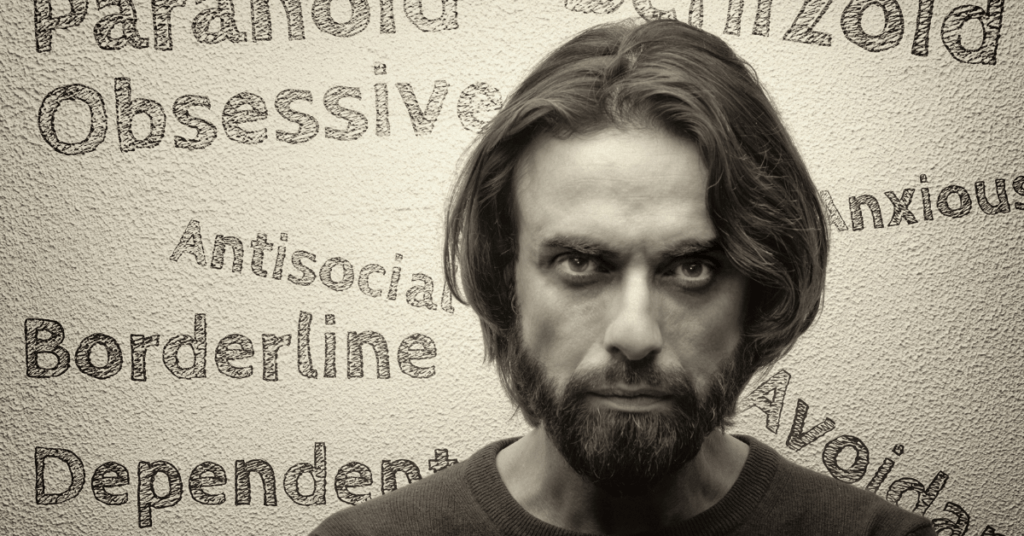Contents
- 1 What Are Personality Disorders?
- 2 Types of Personality Disorders
- 2.1 Narcissistic Personality Disorder
- 2.2 Borderline Personality Disorder
- 2.3 Dependent Personality Disorder
- 2.4 Histrionic Personality Disorder
- 2.5 Obsessive-Compulsive Personality Disorder
- 2.6 Avoidant Personality Disorder
- 2.7 Compartmentalized Personality Disorder
- 2.8 Anti-Social Personality Disorder
- 2.9 Paranoid Personality Disorder
- 2.10 Schizotypal Personality Disorder
- 2.11 Schizoid Personality Disorder
- 3 Diagnosis of Personality Disorders
- 4 Treatment for Personality Disorders
- 5 Conclusion
What Are Personality Disorders?
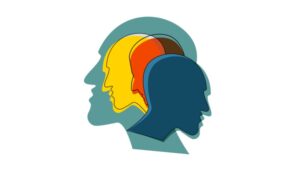 Personality disorders are types of mental illnesses that cause people to act in ways that can be distressing or harmful. A personality disorder is a preoccupation with control and order, which is typically accompanied by emotional instability. These conditions create conflict both within oneself and between others, limiting one’s ability to relate productively with the world around them. There are different types of personality disorders.
Personality disorders are types of mental illnesses that cause people to act in ways that can be distressing or harmful. A personality disorder is a preoccupation with control and order, which is typically accompanied by emotional instability. These conditions create conflict both within oneself and between others, limiting one’s ability to relate productively with the world around them. There are different types of personality disorders.
In this disorder, a person has an inflated sense of their own abilities and accomplishments, as well as a heightened need for admiration. This often results in manipulative behavior towards others.
Types of Personality Disorders
It’s important to be aware of what personality disorders are so that you can avoid them. There are 10 examples of different types of personality disorders, as well as the symptoms associated with those disorders.
These are some types of personality disorders:
Narcissistic Personality Disorder
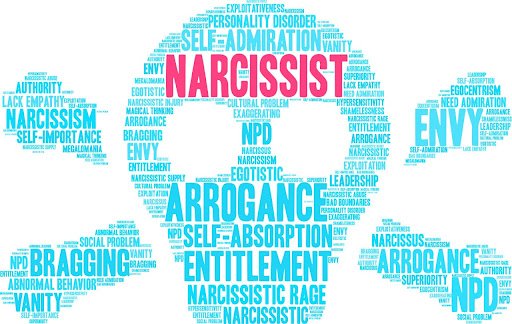
In this disorder, an individual has a grandiose sense of self-importance, often exaggerating their accomplishments and talents. Those with this disorder also tend to believe they are superior to others without any reason for feeling that way other than it benefits them.
Symptoms
These are the symptoms of narcissistic personality disorder:
- A need for excessive admiration
- Fantasizing about power, success, and attractiveness
- Believing that you are superior to others and the rules don’t apply to you
- Expecting special favors from people without them asking anything in return
Borderline Personality Disorder
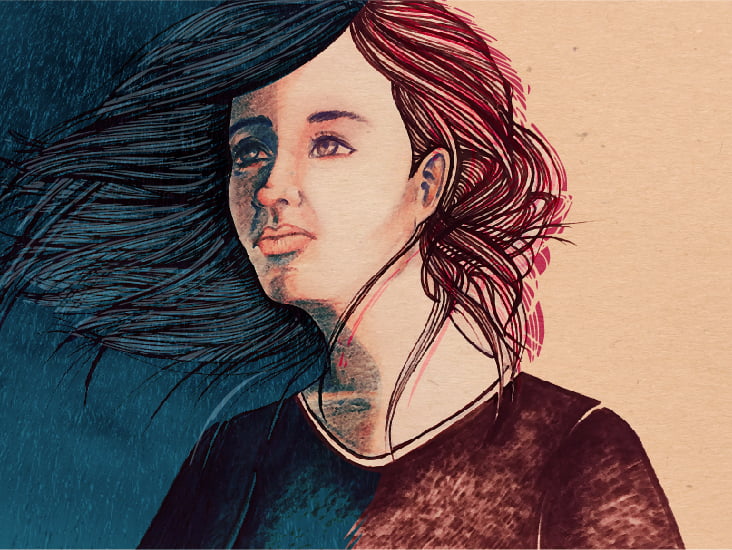
Those who have this disorder tend to experience explosive anger, anxiety, depression, fear of abandonment, or self-harm. This is because those with BPD often confuse their feelings as love or hate towards another person. They may idealize a relationship early on only to despise the other person later when they feel abandoned by them. These conflicting emotions can result in impulsive behavior such as reckless driving, spending sprees, or risky sex.
Symptoms
These are the symptoms of borderline personality disorder:
- Extreme emotional instability
- Irrational fears of being abandoned by friends or family members
- Impulsive behaviors such as spending sprees, unsafe sex, reckless driving
- Unstable self-image and relationships with others
Dependent Personality Disorder

Individuals who have this disorder are dependent on other people in order to meet their own needs. They typically cling desperately to the relationship they have even though it is harmful to them. Those with DPD tend to be very anxious about not having someone around them that provides support when needed. As a result, they seek out another person for all of these things which can cause problems in future social situations because everyone else expects independence from each other.
Symptoms
These are the symptoms of dependent personality disorder:
- A strong need to be taken care of by other people, usually a romantic partner or spouse
- Difficulty making everyday decisions without help from others
- Fears of being abandoned and losing support from those around you. This often leads them to cling tightly to relationships that aren’t good for them in order not to feel abandoned. When they do end up feeling alone, they may seek out another person with this same behavior as a result.
Histrionic Personality Disorder

Individuals who have histrionic personality disorder tend to display emotional attention-seeking behaviors such as always acting overly dramatic when something bad happens or when they feel ignored. They also tend to exaggerate their emotional responses and appear “fake” in social situations when someone else displays strong emotions like anger or sadness.
Symptoms of Histrionic Personality Disorder
These are the symptoms of histrionic personality disorder:
- Frequent outbursts over any small or perceived problem,
- Hyperactive attention-seeking behavior
- Inappropriately seductive appearance
- Being overly dramatic when reacting to any situation, even if it is bad news or a negative experience.
Obsessive-Compulsive Personality Disorder

This is one of the types of personality disorders. Individuals with OCPD tend to be very rigid and inflexible about how things should go in life and the rules that must be followed. They may find themselves constantly rechecking something multiple times just so there are no mistakes being made. When those around them try to change these specific ways of doing anything due to convenience purposes, those with OCPD tend to become very upset and angry.
Symptoms
These are the symptoms of obsessive-compulsive personality disorder:
- Adhering strictly to rules, orders, or routines without considering the situation at hand before deciding on a course of action.
- Unwillingness to bend the rules or change a routine
- Inability to let things go and move on quickly from negative situations
Avoidant Personality Disorder
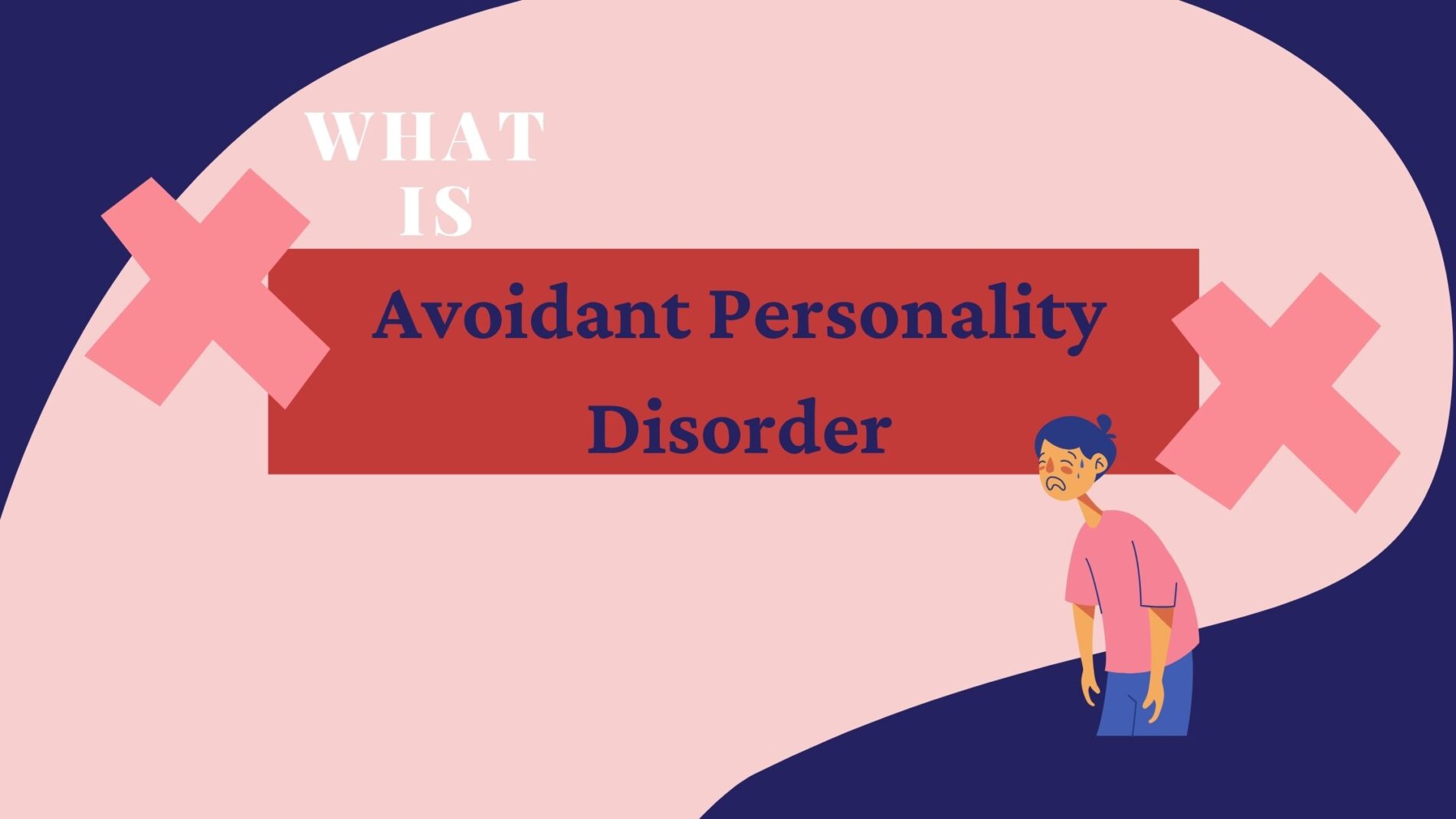
Those with avoidant personality disorder tend to be fearful in social settings where they may have interactions with others, especially if it is new relationships being formed. They are very anxious about any kind of rejection which often leads them not to want anything at all rather than face the possibility of being rejected.
Symptoms
These are the symptoms of avoidant personality disorder:
- Extreme shyness and social anxiety make it very hard to be around others,
- Feeling like you will definitely make mistakes when interacting with other people
- Low self-esteem and lack of confidence in social settings
- Tendency to constantly check how others view you.
Compartmentalized Personality Disorder
Individuals who have a compartmentalized personality disorder tend to feel as if many different parts inside of them aren’t connected together so there can be problems living life in a harmonious manner. They may experience multiple different emotions and feelings all at once which makes it difficult for them to understand the world around them or how they should respond to any given situation.
Symptoms
These are the symptoms of compartmentalized personality disorder:
- Having an inability to control your impulses, especially if you have harmful thoughts about yourself or others that can cause harm in some way.
- Multiple emotional responses from one single event
- Having multiple different opinions on the same topic
- Expecting others to be able to tell what you are thinking or feeling.
Anti-Social Personality Disorder

In this disorder, a person is unable to process their own thoughts and feelings in a normal manner. They cannot understand how other people feel or why they do the things they do which often leads them to make poor decisions without considering what could happen if they follow through with certain actions that may be harmful to themselves or others around them.
Symptoms
These are the symptoms of anti-social personality disorder:
- Not able to talk to people
- Unable to understand why harm should not come from some behaviors, even if it hurts somebody else
- Inability to control your anger so you lash out at others on impulse
- Having no remorse or guilt over hurting someone else physically, emotionally, etc.
Paranoid Personality Disorder

These disorders are all based on how a person processes information that they are receiving from the world around them. They may have specific thoughts, beliefs, and feelings about certain topics because of what they have learned in their life experiences up until this point. This can lead to problems with those who try to change these very same things as it is difficult for some people to “let go” or move past their own ideas and beliefs.
Symptoms
These are the symptoms of paranoid personality disorder:
- Believing something negative will happen even if you cannot prove it so others would believe too
- Suspicion over every little thing someone says or does leads you to try to disprove such statements/actions as false
- Feeling used or taken advantage of because you are so focused on what others want instead of your own needs
- Having no trust in anyone else, even if they have proven themselves to be trustworthy.
Schizotypal Personality Disorder
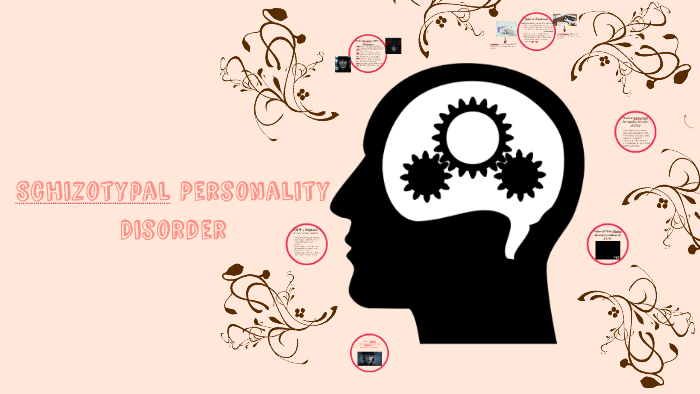
People who suffer from schizotypal personality disorder are often seen as “odd” or eccentric. They have difficulty with social interactions which makes it hard for them to get along in the world around them, especially if they need to be social in their job field. There is also a form of schizophrenia that comes with this particular personality problem so there may be some confusion when trying to diagnose someone properly without having all of the information needed available at hand.
Symptoms
These are the symptoms of schizotypal personality disorder:
- Odd thinking/speech patterns lead you to not understand how others operate within normal society
- Believing something bad will happen even if you cannot prove it, just like a paranoid personality disorder
- Unusual or bizarre thoughts that others around you may not understand
- Have trouble with social interactions, especially if they are new to you. May be seen as shyness or introversion in some cases which is not always the same thing as having a schizotypal personality problem.
Schizoid Personality Disorder
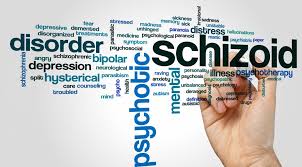
People who all have schizoid personality disorder typically do not enjoy being around other people. They may find that they have no need for social interactions whatsoever which leads them to be seen as “loners” by those closest to them in life, even if they actually make up close friendships or romantic relationships over time. People with this type of disorder tend to spend a lot of their time alone without any desire for interaction unless it is something the person truly enjoys doing on their own.
Symptoms
These are the symptoms of schizoid personality disorder:
- Completely detached from society and rarely interact with others because you prefer your own company instead
- Having few friends or acquaintances due to the fact that you get along with others so rarely
- You do not enjoy performing tasks or activities when other people are around which can include family events and gatherings
- Intense focus on what interests you, to the point of ignoring things going on around you because they may bore you.
Diagnosis of Personality Disorders
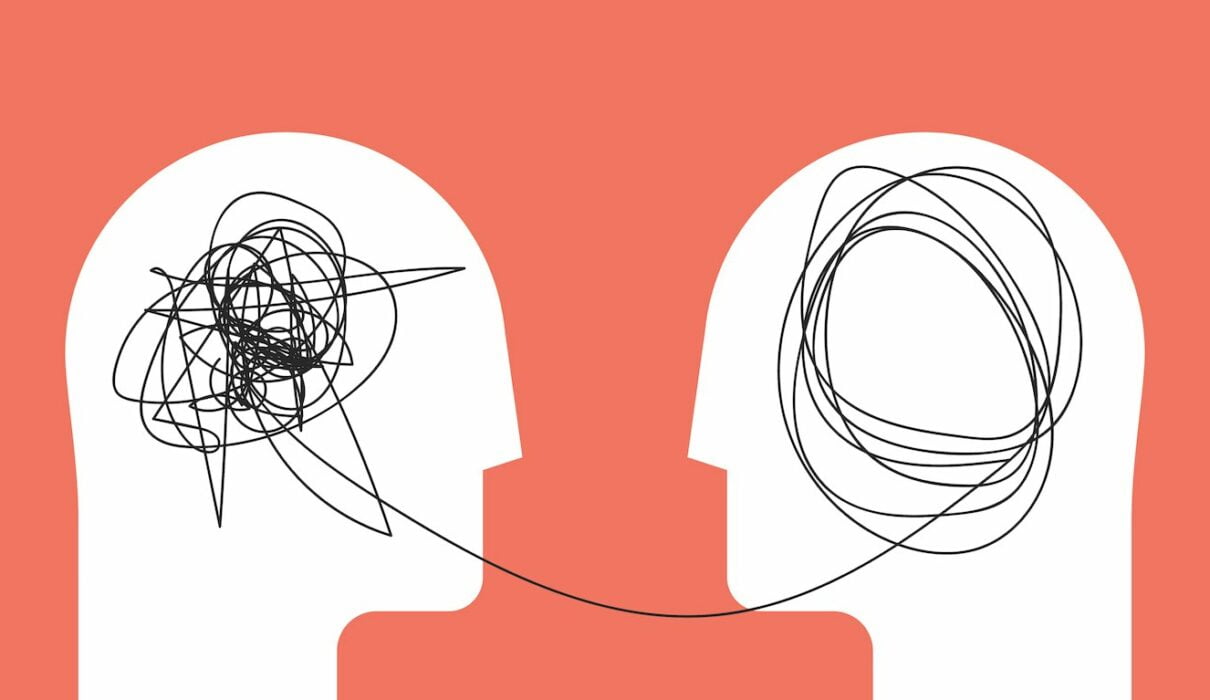
There are a number of ways to diagnose someone with these types of conditions, and they include:
Diagnostic Tests
Mental health professionals will begin the process by conducting a thorough interview with the person in question. This is where they ask them about their symptoms. They will also ask how they have been feeling over time. They may also give them some different tests that include psychological instruments. This can help determine whether or not someone has this disorder.
Personality Tests
If the mental health professional feels that they need more information to determine whether someone has this condition, then there are a number of different tests that will help them reach their diagnosis. One of these tests that are commonly given to people with this condition includes the Minnesota Multiphasic Personality Inventory or MMPI-II. This test consists of a number of different questions which are answered by the person in question and it can help determine whether someone has certain symptoms related to personality disorders.
Treatment for Personality Disorders
There are several forms of treatment available when you have one or more types of mental health issues including:
Therapy
If you find yourself dealing with any type of psychological issue, then there are many ways through therapy where you can make progress towards recovering from your symptoms over time. The main goal here is to discover what caused them as well as address some other areas such as interpersonal relationships, depression, anxiety, and feelings of inadequacy.
Medications
If you have symptoms that relate to personality disorders, then it might be a good idea for you to see if the medication is right for you. This can help reduce the severity of these types of issues so they do not interfere with your daily life so much anymore. The type required will depend on what kind of disorder(s) you have. There are also other medications that may come into play. This is when someone has more than one condition at once like schizophrenia. It is where they take an antipsychotic drug in addition to antidepressant medication. This is because both conditions require separate drugs that target different areas within the brain that need treatment first before there is any progress.
Lifestyle Changes
If you find that your condition is not severe enough to require medications or therapy, then the most important thing for you to do in this case would be to make some lifestyle changes. This may include
When you combine these two items together, the results will be amazing. This is because they can interfere with how well someone sleeps. This will only exacerbate their symptoms over time if left untreated. It might also be a good idea for them to get more exercise every day. These are beneficial in improving moods as well as reducing stress levels among other things that relate back up again towards treating personality disorders naturally. This is without having to take any pills or go into therapy sessions. These are where it costs money on an ongoing basis. This is instead of just doing something that costs nothing.
Conclusion
Personality Disorders are a serious problem that can lead to a lot of trouble for the person involved. They do not see things from a normal perspective and often live in their own little world inside their head. This is something that needs professional attention before it gets out of hand or someone becomes hurt because they were unaware there was even an issue at all.
Some people with personality disorders have coexisting mental health conditions, such as anxiety or depression. Treatment for these types of illnesses often requires medication and therapy to help the patient learn how to cope in society and establish healthy relationships. Talk to your doctor about what you can do if you think that you might be suffering from one of these problems. Seek treatment before it becomes worse and harder to manage.
If you are looking for affordable Online Counseling MantraCare can help: Book a trial therapy session
